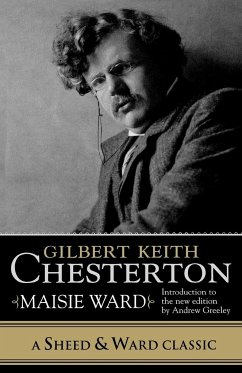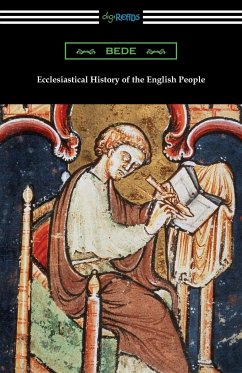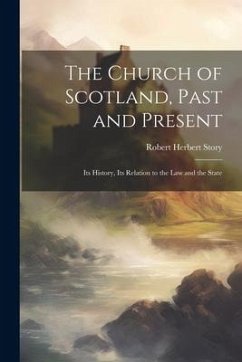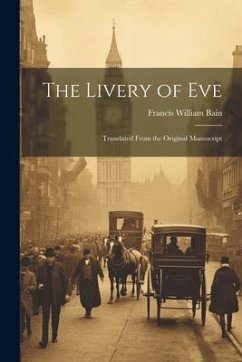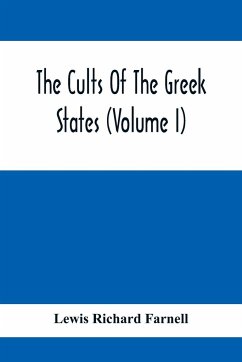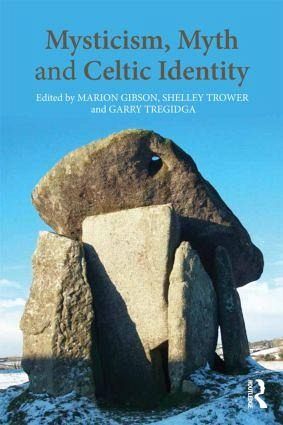
Mysticism, Myth and Celtic Identity
Versandkostenfrei!
Versandfertig in über 4 Wochen
59,99 €
inkl. MwSt.

PAYBACK Punkte
30 °P sammeln!
Mysticism, Myth and Celtic Identity explores how the mythical and mystical past informs national imaginations. Building on notions of invented tradition and myths of the nation, it looks at the power of narrative and fiction to shape identity, with particular reference to the British and Celtic contexts. The authors consider how aspects of the past are reinterpreted or reimagined in a variety of ways to give coherence to desired national groupings, or groups aspiring to nationhood and its 'defence'.





